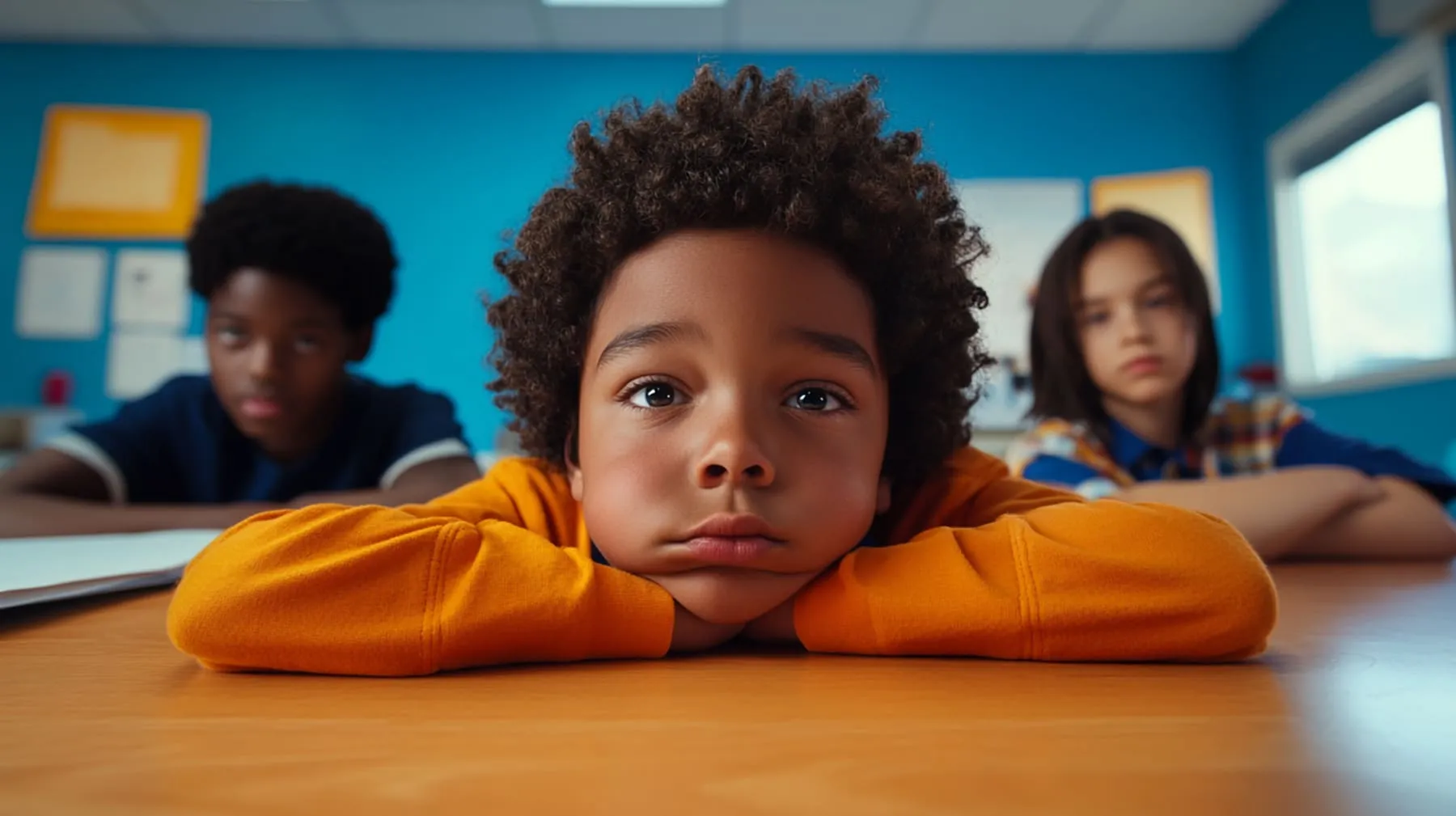The hybrid identity of Gen Z: blending real and virtual lives

Living in two worlds: Gen Z’s hybrid identity
For Generation Z—those born between 1997 and 2012—the line between real and virtual life isn’t just blurry. It’s gone. Raised in a world of smartphones, gaming avatars, augmented reality, and instant connectivity, Gen Z doesn’t toggle between online and offline—they inhabit both simultaneously. This generation isn’t “escaping” into digital spaces. They’re building identities there.
The seamless integration of real and virtual lives
Unlike previous generations who witnessed the birth of the internet, Gen Z was born into it. Their digital presence isn’t a second life—it’s an extension of the first. Whether curating a TikTok profile, choosing a gaming avatar, or participating in virtual classrooms, these are expressions of who they are, not masks they wear.
A Saturday for Gen Z might include a real-world hangout followed by a Discord movie night or a multiplayer game session. They speak in memes, organize through group chats, and tell their stories via Instagram reels. The transitions between physical and digital aren’t just natural—they’re unconscious.
The “Phygital” World: Where Physical and Digital Coexist
Gen Z doesn’t separate “real” from “virtual”—they combine them. Welcome to the phygital age. From virtual concerts like Travis Scott in Fortnite to augmented-reality games like Pokémon GO, this generation blends immersive technology into their daily routines.
Shopping? A sneaker drop on TikTok triggers a real-world purchase. Learning? A YouTube tutorial complements schoolwork. Socializing? An IRL party might be followed by Snapchat story recaps or a group FaceTime debrief. The result is an augmented experience in which each realm deepens the other.
Community without borders: real and virtual connections
For Gen Z, proximity doesn’t define community—shared interest does. Whether it’s anime, activism, or alternative fashion, their strongest bonds may form on Reddit threads, Twitch streams, or Discord servers. A teen in São Paulo and one in Stockholm might feel closer through #BookTok than to their classmates next door.
This generation also blurs activism across spaces. Climate marches happen on the streets and simultaneously trend on Twitter. Petitions begin on Change.org and lead to legislative shifts. Digital spaces don’t dilute real impact—they multiply it.
The Generational Gap: understanding the hybrid identity
Older generations often misunderstand this hybrid reality. They may treat online relationships or digital creations as less “real,” unintentionally dismissing Gen Z’s experiences. To bridge this gap, adults must:
-
Acknowledge that digital achievements (e.g., building an extensive following, coding mods, designing digital art) are actual accomplishments.
-
Explore the platforms Gen Z lives on—TikTok, Twitch, Discord, Roblox, and more.
-
Accept that virtual life isn’t a distraction—for Gen Z, it’s where much of life happens.
The challenges of balancing dual worlds
This double life isn’t without tension. The pressure to maintain an ideal online self can clash with real-world authenticity. Constant connectivity can lead to FOMO (Fear Of Missing Out), digital fatigue, anxiety, and burnout.
That’s why support systems matter more than ever. Parents, educators, and mental health professionals must help young people:
-
Establish boundaries without shame
-
Cultivate digital literacy and emotional resilience
-
Embrace offline activities that complement their digital passions—like coding retreats, content creator camps, or esports tournaments paired with physical wellness
Not Escaping Reality, but Expanding It
Gen Z isn’t divided between two worlds. They’re weaving them together. Their hybrid identity is a sign of evolution, not confusion. If we want to understand them—and prepare for what comes next—we must stop asking which world is “real.” For Gen Z, the answer is simple: both are.
Frequently asked questions (FAQ)
Struggling to connect with the newest generation?
Discover how to adapt your strategies to resonate with Gen Z and Gen Alpha values. Whether social media habits, workplace engagement, or any other topic relevant to your business, we offer tailor-made strategies, interactive workshops, and inspiring sessions to bridge the gap between traditional approaches and modern expectations. Ready to take action?
You may also like these articles
Explore our collection of articles decoding youth culture, Gen Z, and Gen Alpha.







